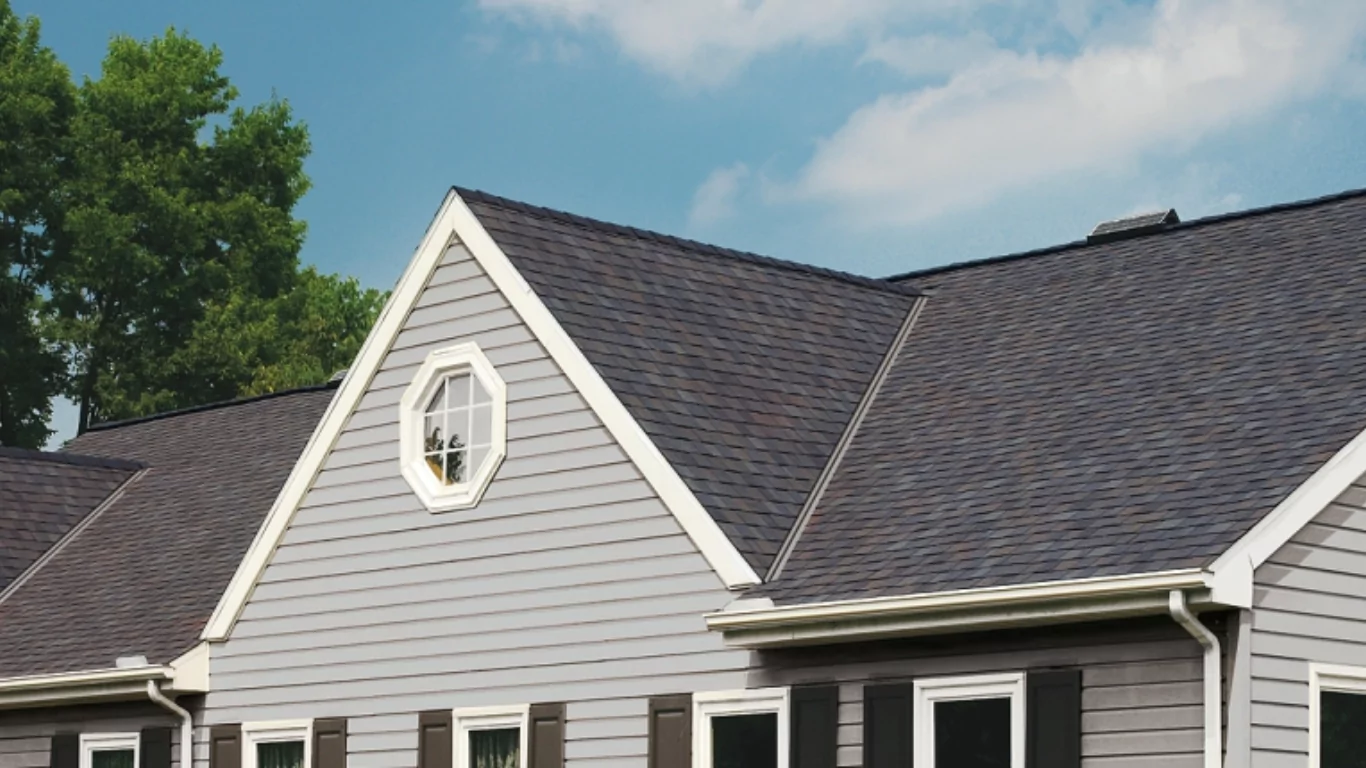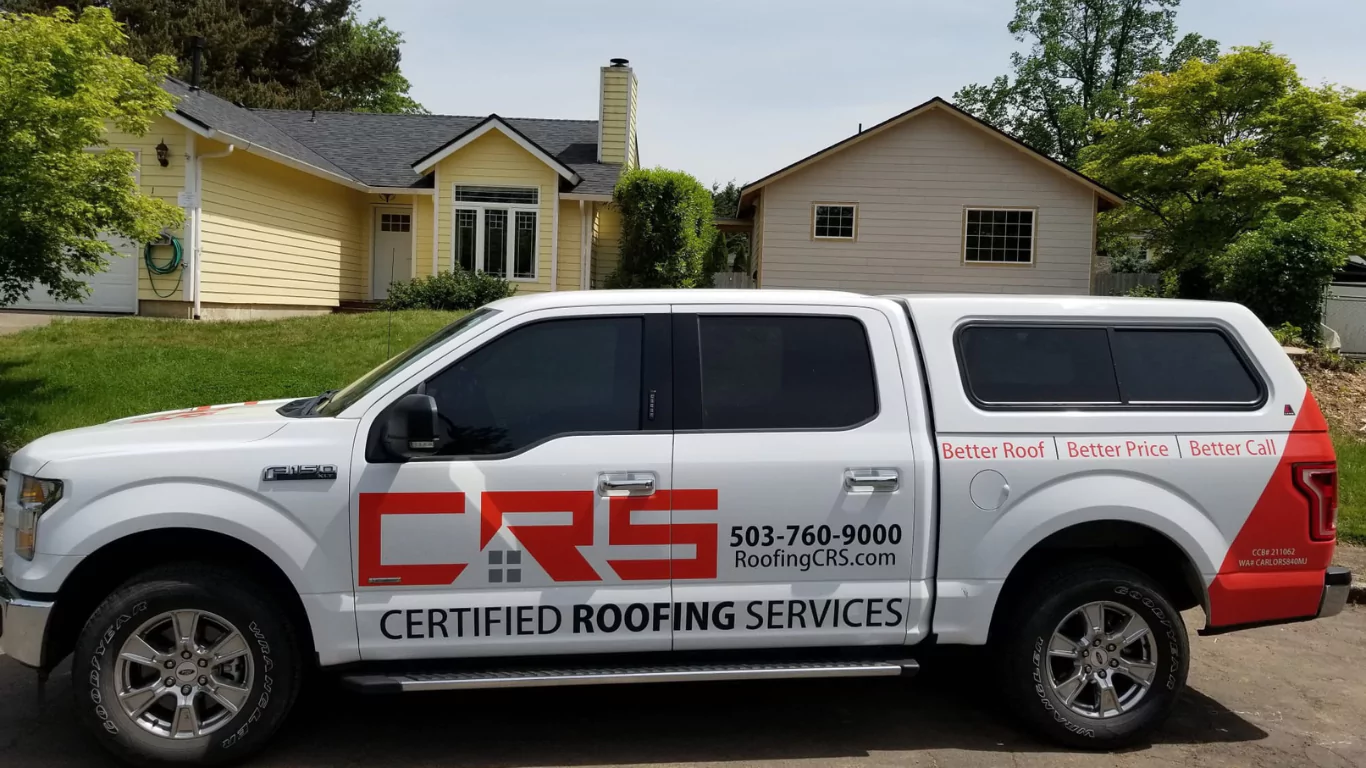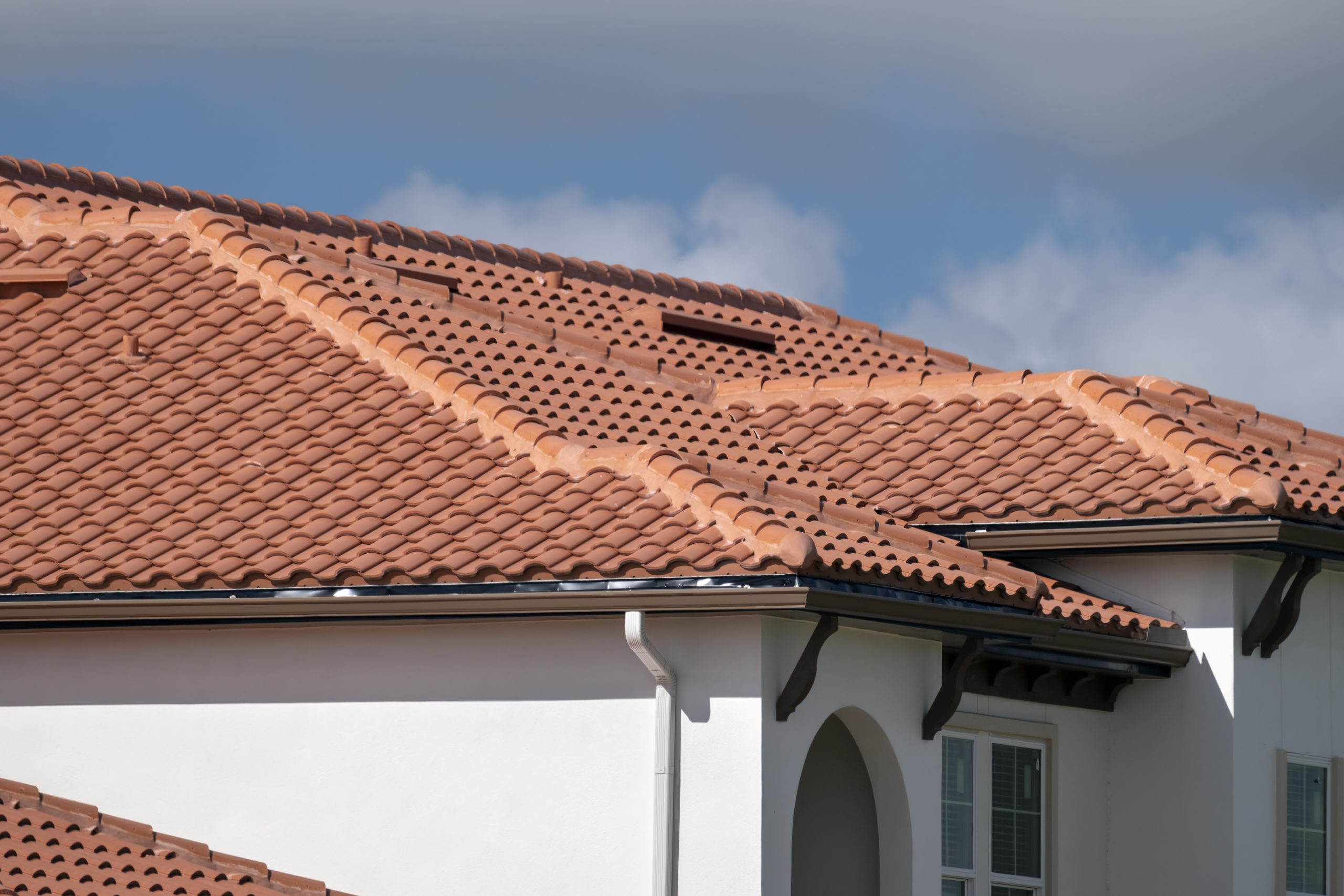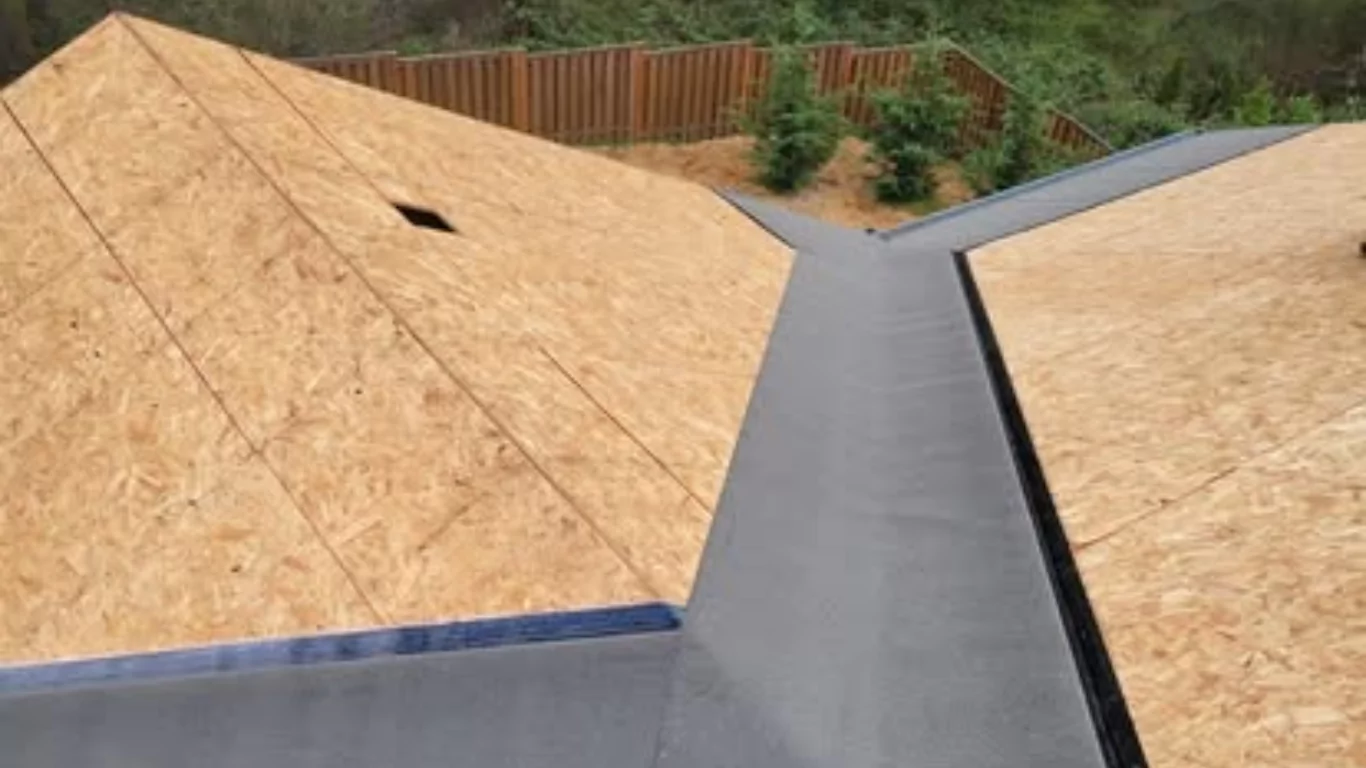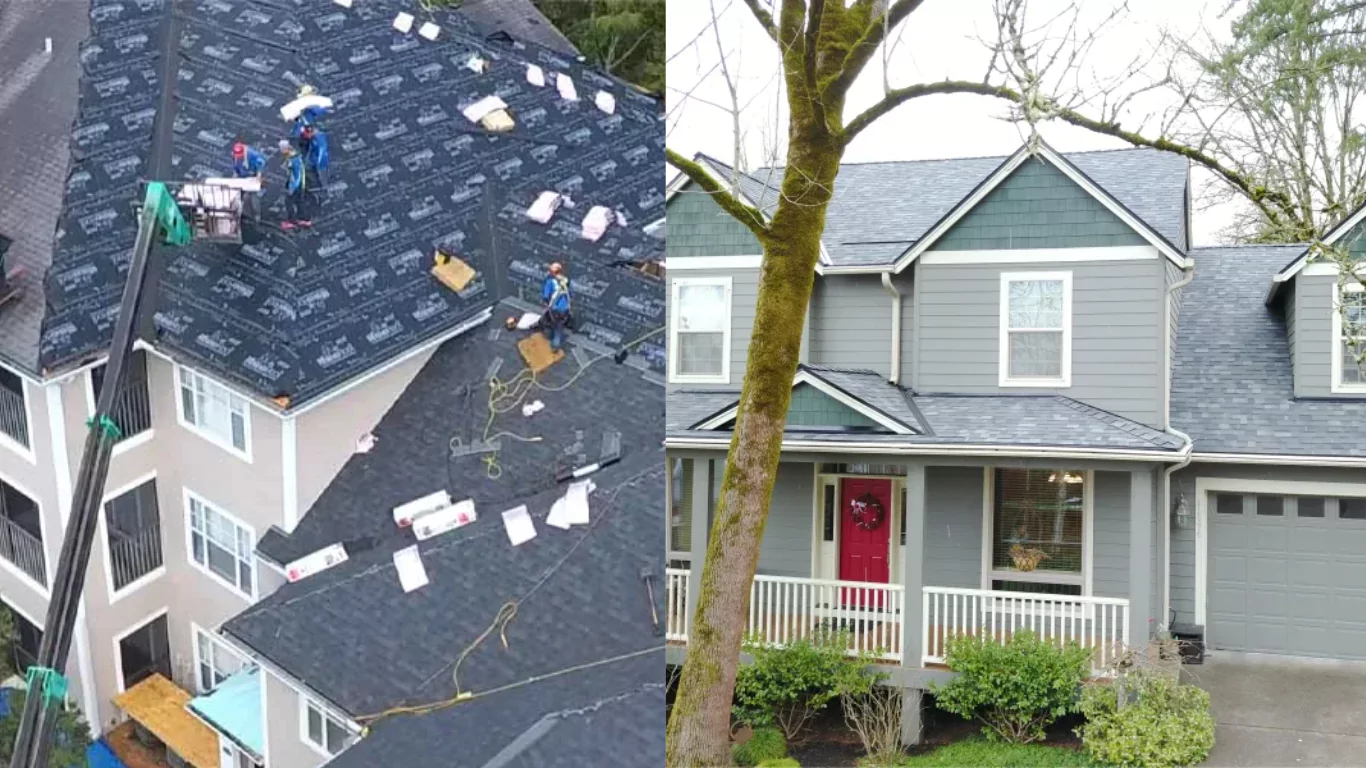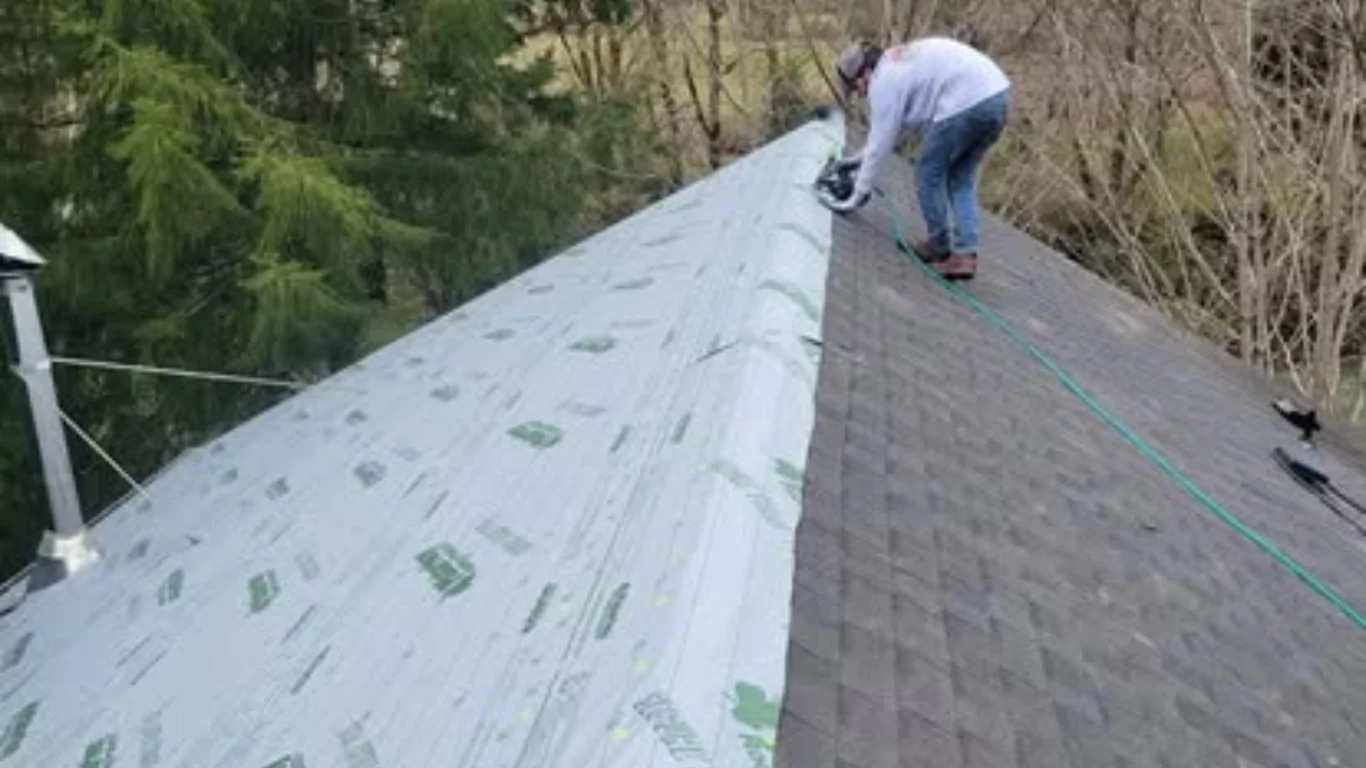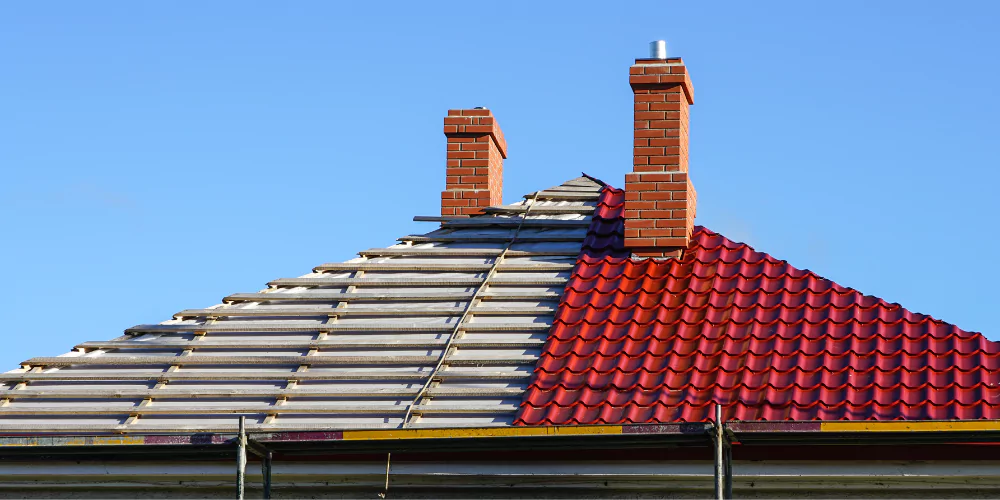What Is Residential Roofing?
Residential roofing refers to the materials, structure, and systems installed on homes to protect against weather, insulate interiors, and enhance curb appeal.
Unlike commercial roofing—which often uses flat designs and industrial materials—residential roofs are typically sloped and focus on aesthetics and comfort.
The roof is more than a cover—it’s a vital system that:
Shields your home from rain, wind, and sun
Helps control indoor temperatures
Adds visual character and property value
Certified Roofing Services helps homeowners make smart roofing decisions with lasting impact.
Key Components of a Residential Roof
A strong roof system includes several layers:
Roof Structure: Rafters or trusses hold the roof’s shape
Decking: Plywood or OSB panels provide a base
Underlayment: Felt or synthetic sheets offer water resistance
Flashing: Metal pieces protect joints and valleys
Shingles or Tiles: The outermost, weather-facing material
Ventilation: Soffit and ridge vents prevent moisture buildup
Gutters: Channel water away from the foundation
Understanding each component helps you spot issues early and maintain roof health.
Common Types of Residential Roofing Systems
Different homes and regions require different roof types:
Asphalt Shingles
Affordable and widely used
Easy to install and repair
Lifespan: 15–30 years
Metal Roofing
Durable and energy-efficient
Ideal for modern and rural homes
Lifespan: 40–70 years
Clay or Concrete Tiles
Perfect for hot climates
Fire-resistant and durable
Heavy; needs reinforced roof framing
Wood Shingles and Shakes
Natural, rustic look
Moderate lifespan and maintenance needs
Not ideal for wet climates
Slate Roofing
Premium choice with unmatched elegance
Long-lasting but expensive and heavy
Synthetic Roofing
Composite material mimicking slate or wood
Lightweight, durable, often recyclable
Certified Roofing Services installs all major types and can help you choose the best fit.
Choosing the Right Roofing Material
Your choice depends on several factors:
Climate: Does your area face snow, sun, or storms?
Design: Match the roof to your home’s architecture
Budget: Balance cost vs. durability
Maintenance: Some materials need more care
Lifespan: Long-term savings may justify upfront costs
Energy Efficiency: Cool roofs can cut bills
Residential Roof Installation: What to Expect
Certified Roofing Services ensures a smooth and transparent process:
Inspection: Assess structure, needs, and budget
Tear-Off: Remove old roofing if required
Decking Repairs: Replace damaged boards
Underlayment & Flashing: Install moisture barriers
Roof Material: Apply chosen shingles or tiles
Cleanup: Remove debris and inspect final work
Timeframe: 1–5 days depending on roof size
Cost: Varies by material, complexity, and home size
Roof Maintenance Tips for Homeowners
Keep your roof strong with proactive care:
Inspect in spring and fall
Clean gutters to prevent overflow
Check for damaged shingles
Watch flashing around vents and chimneys
Hire professionals for detailed inspections
A maintained roof lasts longer and prevents costly repairs. Certified Roofing Services offers seasonal checkups to help you stay ahead.
Signs You Need a New Roof
Watch for these warning signs:
Curled or missing shingles
Leaks or water stains inside the house
Sagging spots on the roofline
Excess shingle granules in gutters
Roof age exceeds expected lifespan
If you notice any of these, contact Certified Roofing Services for a free inspection.
Hiring a Residential Roofing Contractor
Trust matters. Choose a roofing company that is:
Licensed and insured
Experienced with positive reviews
Transparent about pricing and warranties
Willing to answer all your questions
Avoid:
High-pressure sales tactics
Storm chasers offering “too good to be true” deals
Certified Roofing Services brings trust, skill, and clear communication to every project.
Residential Roofing and Energy Efficiency
The right roof cuts your energy bills:
Insulation: Reflects heat in summer, retains warmth in winter
Cool Roofs: Light-colored or reflective materials reduce heat gain
Solar Options: Combine protection with renewable energy
Ask Certified Roofing Services about energy-efficient upgrades and solar-ready roofing systems.
Frequently Asked Questions (FAQs)
Q: How long does a residential roof last?
A: 15–75 years depending on material and maintenance.
Q: Can I install a new roof over the old one?
A: Sometimes. It’s best to consult a professional.
Q: What’s the best roofing for cold climates?
A: Metal or asphalt shingles with proper insulation.
Q: How much does a new roof cost?
A: $6,000–$25,000 depending on size and material.
Q: Will a new roof add value?
A: Yes. A new roof boosts curb appeal and resale value.
Conclusion: Protect Your Investment
Understanding residential roofing empowers you to make informed decisions about your home.
From choosing the right material to hiring the right contractor—Certified Roofing Services is here to guide you through every step.
📞 Call now or schedule your free roof inspection online.
📥 Download our Roof Buyer’s Guide today.

